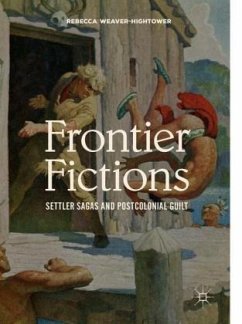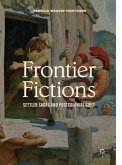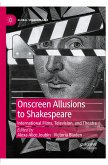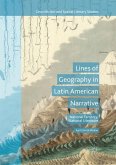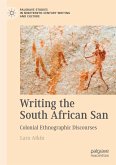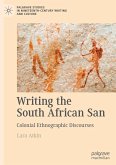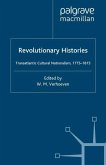This book compares the nineteenth-century settler literatures of Australia, Canada, South Africa, and the United States in order to examine how they enable readers to manage guilt accompanying European settlement. Reading canonical texts such as Last of the Mohicans and Backwoods of Canada against underanalyzed texts such as Adventures in Canada and George Linton or the First Years of a British Colony , it demonstrates how tropes like the settler hero and his indigenous servant, the animal hunt, the indigenous attack, and the lost child cross national boundaries. Settlers similarly responded to the stressors of taking another's land through the stories they told about themselves, which functioned to defend against uncomfortable feelings of guilt and ambivalence by creating new versions of reality. This book traces parallels in 20th and 21st century texts to ultimately argue that contemporary settlers continue to fight similar psychological and cultural battles since settlement isnever complete.

